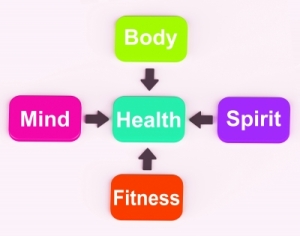Visit Pathways Psychological Services for more information.
Humans have long had challenges with food and its implications. In ancient times it was good to be overweight as it signified wealth and prosperity. Now, the opposite is true and we value thinness. The desire to be thin can be challenging when attempting to balance weight with nutritious eating. Food has a known effect on brain functioning in that it activates a reward pathway encouraging repeat behavior, so we eat enough. Then there is also supposed to be a negative feedback loop to tell us when we are full. In addition, specific foods, such as carbohydrates, encourage the release of mood enhancing neurotransmitters like serotonin. The actual physical response is one aspect of the relationship between food and mood. The other is a social component.
The idea of “comfort foods” is derived from the interaction between social needs and the food. People feel that food is comforting if it attached to a happy memory or people they are close to emotionally. Some people didn’t get physical affection as children but they were fed when they were feeling bad. So they learn to adapt and use food as a coping mechanism for negative feelings instead of talk or other human comfort. If you are struggling with eating habits it might be a good idea to take a look at your relationship with food.
If you feel you must eat something to feel better try adjusting what you eat so you consume less calories while you work on the underlying cause. Some mood boosting foods that are better for you are an English muffin or slice of bread with a little honey or jam. Skip the butter as the fat doesn’t allow for the carbohydrate to boost serotonin. Stay away from protein and it also will block the serotonin activation. A small piece of dark chocolate may work wonders too if you must have something slightly sweet.

One thought on “Food and Mood”